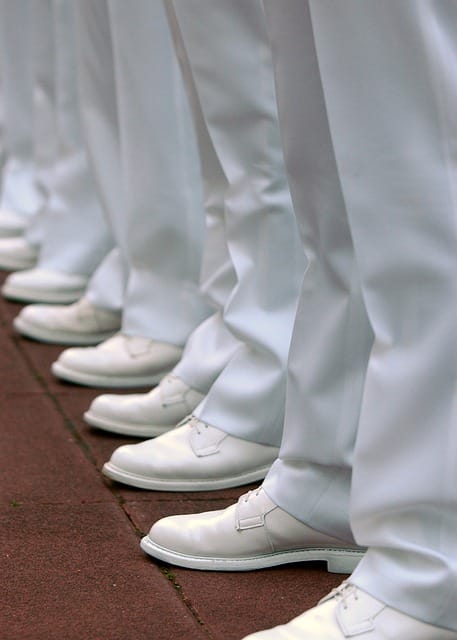White Shoes, Blue Scrubs—Still Judged by Skin
What if everyone was color blind—would that finally end racism in healthcare? Years ago, nurses were easily recognized by their classic white uniforms and white shoes. Today, most hospitals require standardized scrubs, typically blue or white, to help patients identify staff quickly. Yet, while uniform colors may have changed, racial bias in healthcare remains stubbornly the same.
Despite cultural diversity training and new policies, many Black nurses still report feeling undervalued or questioned—not because of their skills or dedication, but because of the color of their skin.
Nurses: More Than a Uniform
Why did we become nurses? Likely the same reason as anyone else—to care for others. As Florence Nightingale said:
“With loyalty will I endeavor to aid the physician in his work and devote myself to the welfare of those committed to my care.”
Teamwork is at the core of nursing. But for Black nurses, the path is often steeper. They may experience patients doubting their credentials, or coworkers subtly (or overtly) questioning their competence.
When Racism Wears a Hospital Gown
Sometimes bias walks in wearing a patient wristband. Some families even refuse care unless a white nurse is present. Decisions made not for medical expertise—but for skin color.
Kimani Paul-Emile, professor of law at Fordham University, called it “medicine’s open secret.” In her UCLA Law Review article, she revealed how many healthcare institutions quietly accommodate racial preferences—even when it compromises staff morale and integrity.
The Shoes Don’t Make the Nurse
Imagine this: you walk into a patient’s room. You’re wearing standard blue scrubs, white nursing shoes, and a badge that clearly reads REGISTERED NURSE.
Still, the patient says, “Can you get me a food tray and send in the nurse?”
That was the experience of Stephanie Stith, RN, who has worked in healthcare for over 15 years. Mistaken for a lower-level employee, targeted by insensitive remarks—her story is not uncommon. But she chooses composure over confrontation, remembering her purpose: to heal, not to hurt.
Unity Over Uniform
Racism in healthcare may not disappear overnight, but that doesn’t mean we stay silent. Nurses of all backgrounds must stand together, recognizing that what binds us is not just our uniforms—but our shared oath and our shared humanity.
We’re in this field to care for the sick, to serve with empathy, and to support one another as teammates. At the end of the day, it’s not about the color of our shoes—it’s about the strength of our teamwork.



Hi, Patrice. I appreciated reading your post. I agree that there are patients and even a few families that are prejudiced. But I found them to be the exception rather than the rule. ( I worked most recently in east Texas, a less enlightened part of the country than Atlanta probably)
frankly, they also were often families who were difficult to deal with in other ways, not matter what their status was in society. when those issues came up, often for many of us who were white, it was extremely embarrassing. Especially when they were often choosing a white nurse who was less experienced for a really great black nurse.
but at a time when families are stressed during illness, we are not going to change long held beliefs. I wish we could these are times when we have to deal in terms of customer service. It is maddening, but we do!
often, over time, they learn that in order to have the good care, they will have to have all colors of people care for them. no hospital will be able to promise pure white care. it is impossible.
the degree of professionalism we show to them, no matter how they treat us, is what convinces them that their beliefs are wrong. is it easy…no! especially when they make their decisions on something as superficial as the color of a person’s skin. it seems ludicrous!
but there are people who still that simple. we just have to consider the source, realize we aren’t on their level and move on, showing them good quality care in the meantime.
as a white RN, I have had patients make judgements about me based on minimal information and superficial information. one passing word had taken out of context and they knew I hated them.
we also have to realize they are often a little out of their minds. …they are sick and stressed as are their families in ways we don’t always realize for many, hospitals are fearsome places.
they are places where the realness of both patients and nurses show up in unexpected areas. sadly, as the professionals, we have to be the ones who give leniency and grace to the patients and their families when they don’t treat us well. it is just another way we realize we have a calling and not just a job. It is another why we are worn out at the end of a shift.
Martha, You make me smile and cry and the same time. Touching I am glad you understand. Yes, you are correct at the end of the day we have to give good customer care because we know better and people tend to be more sensitive when they are sick. Nursing is a calling . Yes, tired ….Thanks for your support.